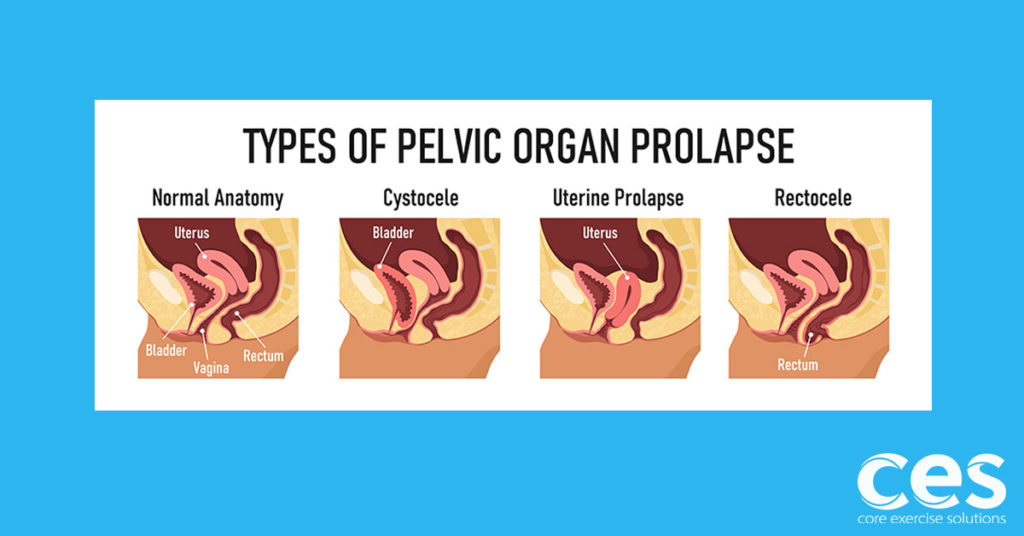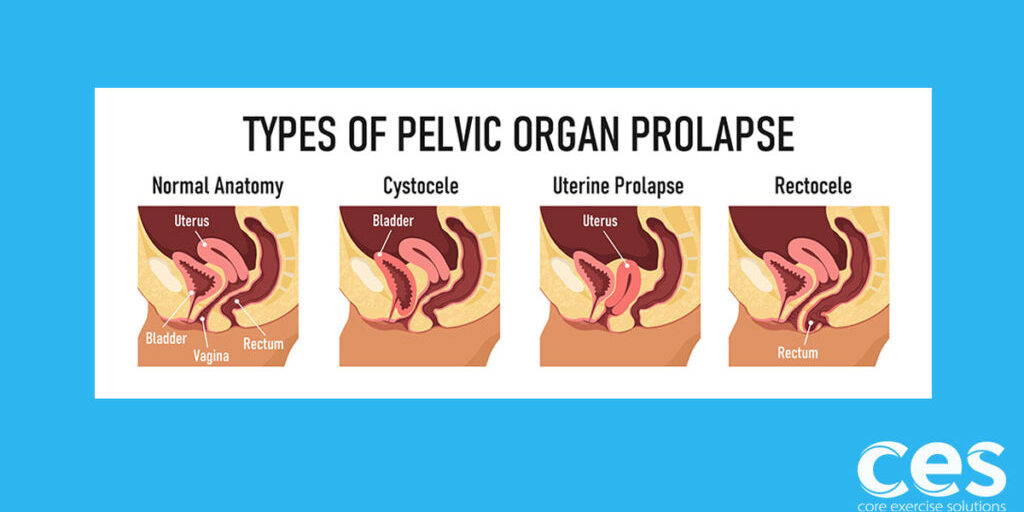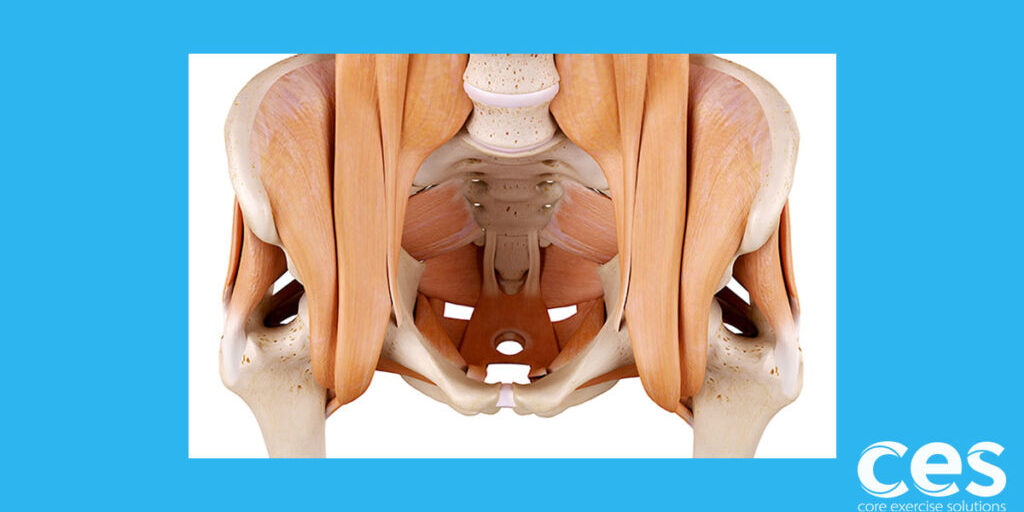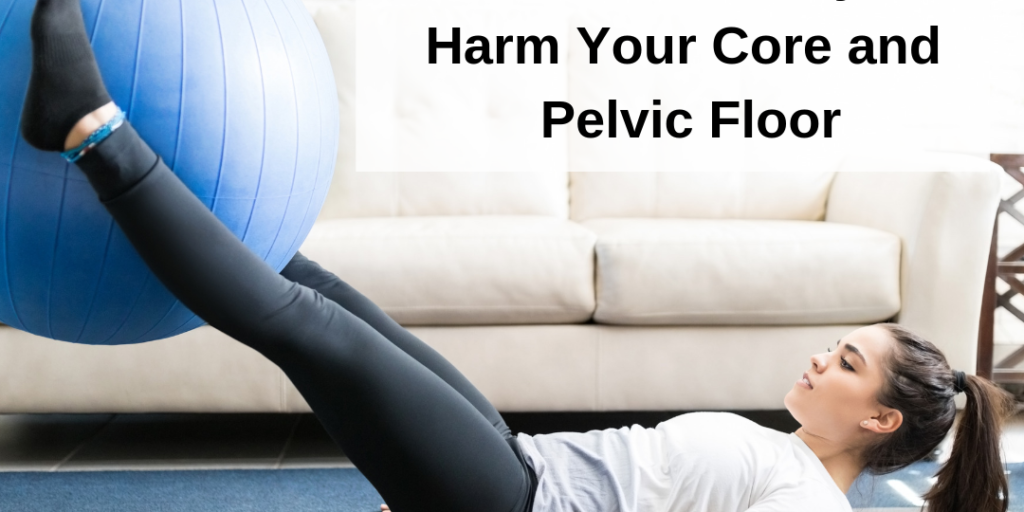Not all prolapse will heal completely, some will, BUT I do think that with the ones that won't there is a range of getting it better. What determines whether you’re on the positive or negative side of this range is how much you depend on your muscle (active) support system vs ligaments and fascia (passive) support system. The better and more balanced the active system is the less stress you put on the passive system.
My original grade 2 prolapse is only a .5, barely noticeable now and not something I think about much anymore in my day to day life. (I do whatever exercise I want, no restrictions. Also, I'm still breastfeeding about 6 times per day.)
Since the pelvic floor is pretty hidden, let’s put it in terms of something we can all see. Prolapse is kind of like a whiplash injury that can leave lasting damages to fascia and ligaments, the passive system that supports the neck
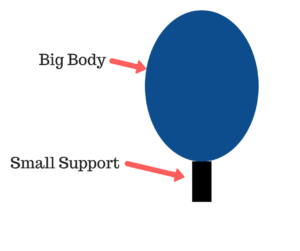
Big heavy head, small neck. Big heavy body, small pelvic floor.
See the correlation? (No analogy is perfect, but hopefully, this will help.)
If you don't have the muscles to support all that weight then you're looking at neck tightness, pain, bulging discs and potentially neck surgery later in life. Do you hang on your passive support system in forward head posture or do you have a perfectly balanced active system of muscles to support the weight on your head? I.E. Is your neck free of all tightness and pain and perfectly balanced on your body?
The kicker is that to have a perfect neck, you need balanced neck muscles sure, but you also need a strong midback, chest, core and proper breathing system. An aligned pelvis, strong glutes, and great arches are also critical for complete relief of neck tightness. Nothing brings on neck tightness quicker than poor posture, collapsed arches, tight hip flexors, and shallow breathing. (For a second there, I thought I was talking about the pelvic floor, wow, they are similar!)
So, why is it that two neck patients can have the same looking MRI and the same damage/injury but one is pain-free and the other is in debilitating pain? Figuring that out has always been what's driven me professionally, no matter what body part, neck, hip or pelvic floor.
Looking at prolapse is the same as looking at the neck. 2 women, same prolapse diagnosis but they experience completely different outcomes for prolapse healing. Why does one "fail" (hate that term) at conservative treatment and get recommended surgery while the other patient healed?
That takes me back to the neck analogy… A great working support system is A LOT of pieces to put together whether it’s the neck or pelvic floor, having all those pieces gives us hope. Hope because there are so many layers to pull back. If pelvic floor treatment just consisted of kegels, that would be like me giving a neck pain patient one exercise and sending them on their way. In some cases that one exercise can be gold! (Chin tuck head lifts all day.) But, in most cases, they need more to get 100% relief.
As you pull back the layers on your pelvic floor recovery, first, make sure you get good quality help, then I want you to develop a love affair with the process. It may take 6 different layers before you start to see progress, which can be frustrating, but also really cool that there can be 6 different layers!!!! There is so much for you to try when it comes to fixing yourself, so please, have hope. Know that prolapse is not an immediate mesh or hysterectomy sentence. You’re not broken. You may be mad, angry and frustrated but you’re not broken. Your body is capable of doing amazing things, including healing, but it requires your love, your patience, and your determination. You never know, if you fix your pelvic floor, you will probably fix your neck tightness since it's all related in how well the body is functioning as a whole.
A woman in our signature pelvic floor program just reminded me that when diagnosed with prolapse, you have to go through the different stages of grief. And she is right, it can be a hard thing to come to terms with. I remember thinking. Why me? This is not fair. I was pretty bummed out. Then my husband who obviously has more confidence in me than I do myself says, fix it. You’ve been helping other women, what’s wrong with you. Snap out of it and fix it. (We all need our pity parties. Me included!) So, grieve and then get to work. Your body needs your support and you know what, you’re not alone in this! I believe that you are capable!
If you need a little more convincing that this is worth working on, check out this short, research-based article summarizing a study on prolapse surgery failure rates.
Study: Common Surgery For Prolapse Fails Nearly 1 Out of 3 Women
Meet Julie. She is from Canada and successfully finished our pelvic floor program. She didn't have prolapse, but she had other pelvic floor problems that kept her from exercise and living life like she wanted.
I often get the question, "can I fix my pelvic floor years after children, isn't it too late?" No! It's never too late!!
You can fix your pelvic floor anytime you decide to take the time to work on it. Whether it's 6 months postpartum or 16 years, doesn't matter. What matters is that you A. get the right advice and B. stay consistent with that advice.
Free Pelvic Floor Educational Series
Dr. Sarah Duvall, PT, DPT, CPT and the CES Team have helped thousands of women create the strength and stability needed to overcome common and not-so-common pelvic floor issues.
Join us today for this 4-part Pelvic Floor Video Series, absolutely free.
We don't spam or give your information to any third parties. View our Terms of Use and Privacy Policy.
Having trouble signing up? Click here


